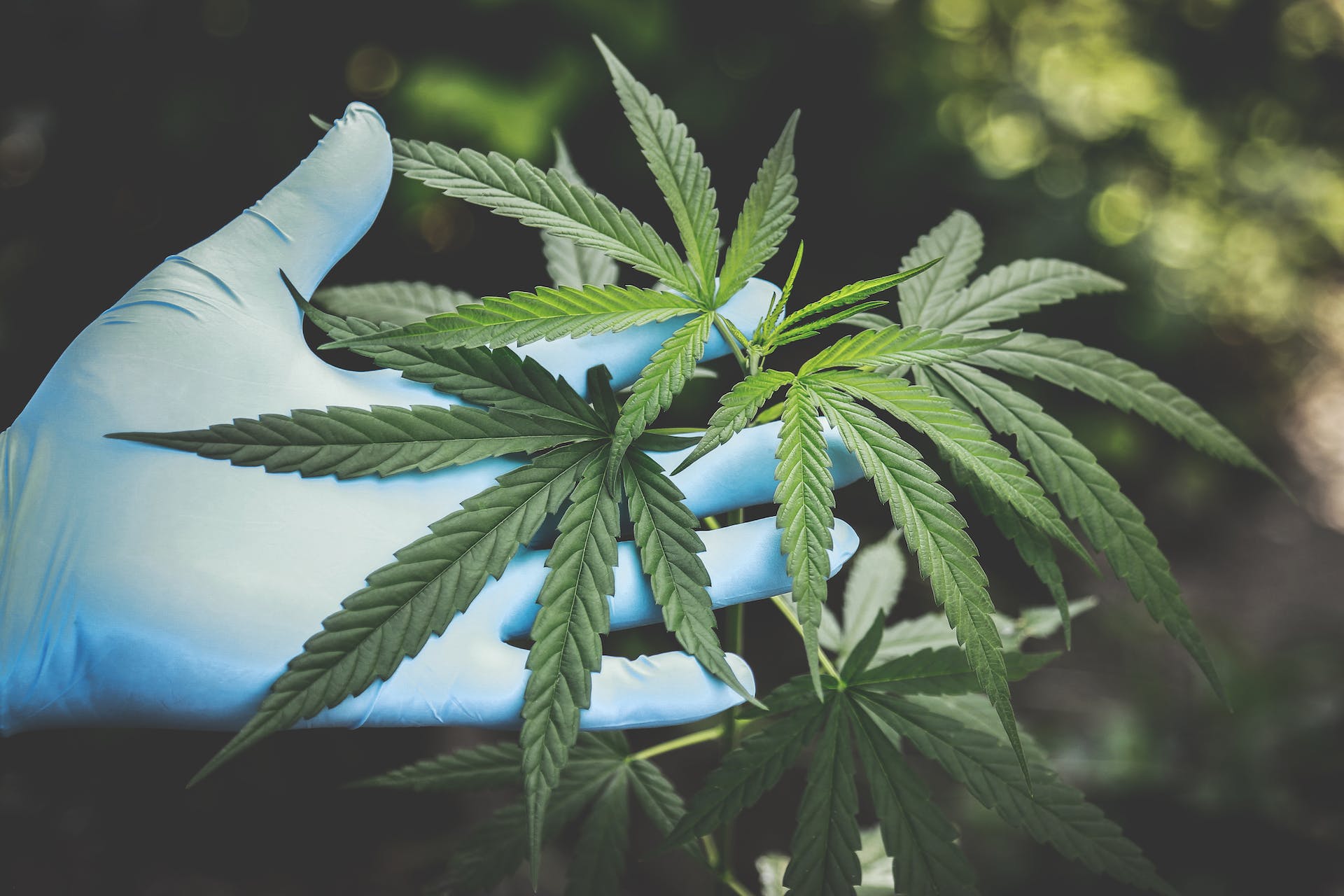A Comprehensive Guide to the Lesser-Known Health Benefits of Cannabis Sativa
by duncan Winter on Feb 24, 2024

Long condemned and barred from research, cannabis is now being reevaluated for its therapeutic potential as laws and attitudes shift. While recreational cannabis garners significant attention, emerging studies reveal key health benefits linked to cannabis compounds. As we reexamine this plant with fresh eyes, its far-reaching medical versatility comes into focus.
In this article, we'll explore the lesser-known health benefits of cannabis sativa. While cannabis is often linked to recreational use, it also has various therapeutic properties. By discussing these less-known benefits, we aim to shed light on cannabis's potential for medical treatment and wellness.
10 Health Benefits of Cannabis Sativa
Cannabis has gained significant popularity, leading to the establishment of new industries. While ongoing research seeks to understand the full medical potential of cannabis, numerous promising findings have already emerged. Here, we explore ten established health benefits of cannabis.
Providing Relief from Anxiety and Depression
Beyond physical pain, cannabis also alleviates mental health struggles. Non-intoxicating CBD cannabis components interact with brain receptors controlling mood and relaxation. By boosting serotonin levels and calming frayed nerves, cannabis relieves anxiety and depression symptoms without major side effects or reliance on pharmaceuticals. These mood-lifting qualities demonstrate cannabis’s emotional healing versatility.
Supporting Mental Health with Cannabis
PTSD patients also benefit greatly from cannabis. Cannabinoids calm the frenzied fight-or-flight response to stress in PTSD sufferers. Decreasing hypervigilance and anxiety enables PTSD patients to rest, regulate emotions and process trauma. This unique aid for such a complex condition shows cannabis’s untapped psychiatric potential.
Enhancing Neurological Function
From multiple sclerosis and epilepsy to Alzheimer’s and Parkinson’s, cannabis counteracts neurological dysfunction on multiple fronts. It protects nerves, decreases inflammation, clears damaging protein buildup and calms excessive firing. Also alleviating headaches, OTC painkillers and opiates cannot match cannabis for multifaceted neurological relief.
Transforming Epilepsy Treatment
Uncontrolled seizures severely impact quality of life, and many patients battle side effects from multiple medications. Cannabis has proven life-changing for those with treatment-resistant epilepsy by blocking convulsions. Its anticonvulsant properties – effective yet more gentle than pharmaceuticals – make cannabis an unmatched option for seizure disorders.
Managing Alzheimer's Symptoms
Current Alzheimer’s treatments only temporarily ease symptoms without slowing neurodegeneration. Compelling preclinical evidence suggests both THC and CBD protect brain cells and reduce Alzheimer’s-related agitation and aggression. This hints cannabis may offer a superior two-pronged approach – alleviating symptoms while also protecting the brain.
Anti-Inflammatory Effects
Utilizing cannabis means tapping into one of nature’s most potent anti-inflammatories without the taxing side effects of NSAIDs or steroids. These robust anti-inflammatory actions improve conditions involving painful swelling like arthritis, IBS and Crohn’s. Harnessing cannabis to reduce systemic inflammation and restore health represents a major advantage of this versatile botanical.
Supporting Autoimmune Health
The immune system attacking the body causes immense suffering in autoimmune diseases. Cannabis helps moderate this immune dysfunction and curb inflammation-induced damage without completely suppressing immunity. Where risky pharmaceuticals fail, cannabis offers safer relief for those battling autoimmune disorders.
Supporting Cancer Care
From managing nausea and wasting to potentially inhibiting tumors, cannabis assists at every stage of cancer treatment. Cannabinoids protect healthy cells from chemotherapy and radiation while disrupting cancer cell growth. This dual action not only eases side effects but may also help traditional therapies target malignant cells more effectively.
Managing Chemotherapy Side Effects
For chemotherapy patients, cannabis provides a vital lifeline for enduring treatments by addressing multiple debilitating symptoms. It stimulates appetite, reduces nausea/vomiting and counters wasting syndromes. Enabling patients to complete therapies, cannabis has become an invaluable component of integrative oncology care plans.
Conclusion
In summary, cannabis has many proven and potential health benefits extending far beyond mere recreational use that merit closer examination as outdated laws and cultural attitudes continue to evolve.
New research on cannabis compounds, once limited by laws, shows they can interact with the body to treat pain, anxiety, depression, and seizures.
Cannabis also shows promise in supporting cancer and neurological disease therapies by targeting symptoms and potentially the diseases themselves. This versatility is unmatched by conventional pharmaceuticals.
FAQs About Health Benefits of Cannabis Sativa
Cannabis can help alleviate pain, reduce anxiety and depression, control seizures, and support overall well-being.
Eating cannabis can provide long-lasting pain relief, reduce inflammation, improve sleep, and stimulate appetite.
Cannabinoids interact with the body's endocannabinoid system, regulating pain, mood, appetite, memory, and more. They can help reduce pain, inflammation, anxiety, and seizures, and promote overall balance and wellness.
Also Read:- Are Cannabis Seeds Legal in the USA: A Comprehensive Guide to Seed Legalit





